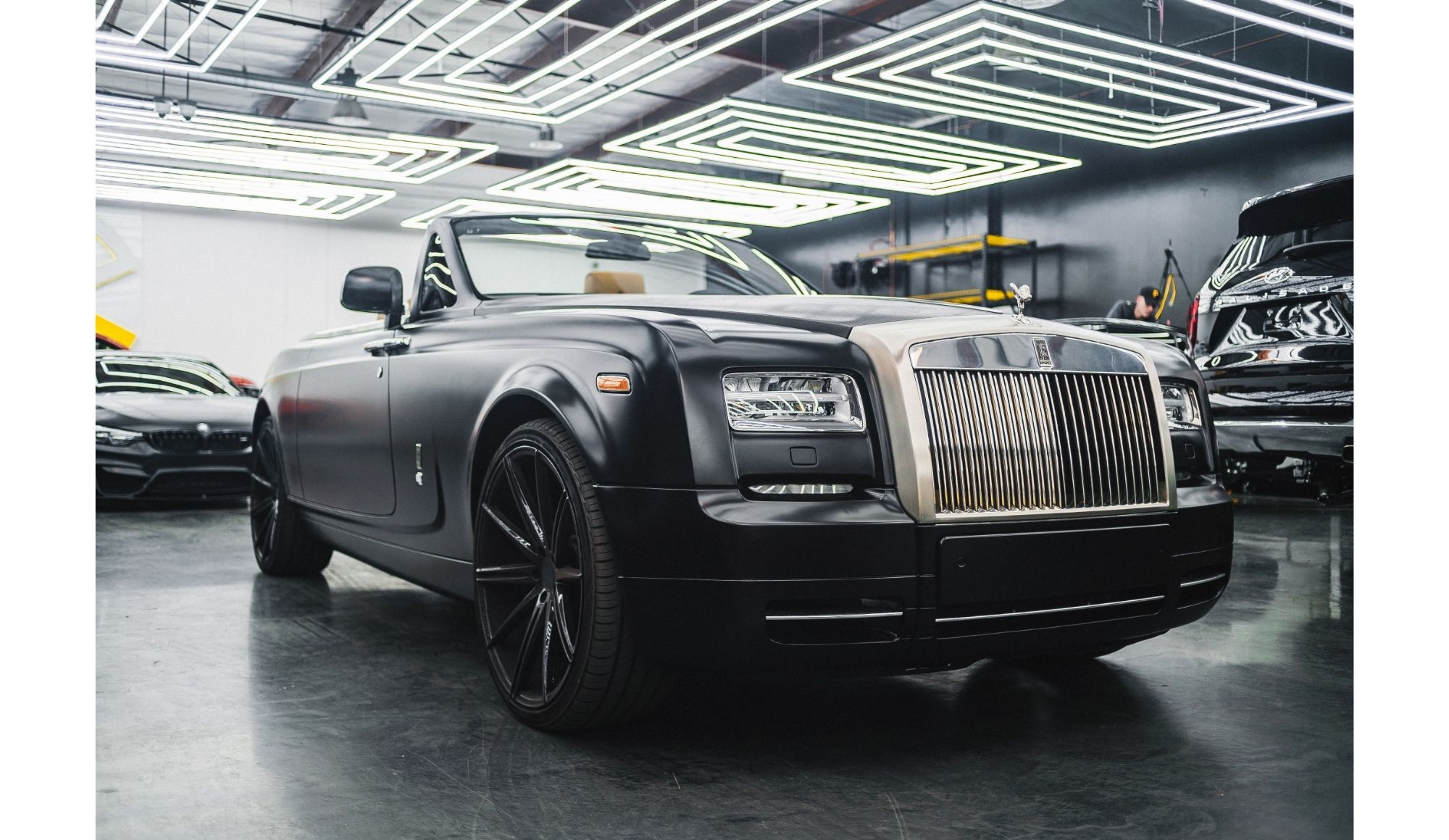Will Berkshire Be a $1 Trillion Company?
Berkshire Hathaway (BRK.A) stock price is among the most expensive in the world, yet the company’s valuation arguably leaves a lot of room to the upside still. While Cathie Wood’s ARK was stealing headlines over the past couple of years for her disruptive innovation thematic investments, Berkshire Hathaway share price crept up quietly to ultimately outperform ARKK over the past 2 years.
Berkshire remains one of the top-performing companies in the market and the question now is whether Berkshire will be a trillion dollar company, joining technology titans like Amazon and Apple.
Will Berkshire Be Worth Over $1 Trillion?
Some of the companies that are now worth at least $1 trillion include Amazon (AMZN), Alphabet (GOOGL), Meta Platforms (FB), Microsoft (MSFT) and Apple (AAPL). Apple and Microsoft hold the top two spots, valued at over $2 trillion.
After these five tech stocks, there’s a significant drop-off in value from the next group of contenders. Six U.S. stocks are above the $500 billion mark. These include Visa (V), Tesla (TSLA), TenCent (TCEHY), Alibaba (BABA), Taiwan Semiconductor (TSM) and Berkshire Hathaway (BRK.A).
Currently, BRK.A is one of the stocks predicted to join the aforementioned tech giants by becoming a $1 trillion company by 2030. And while Buffett has plenty to do with the company’s success over the past several decades, investors have great confidence in Berkshire’s current investing lieutenants, Todd Combs and Ted Weschler.
A discounted cash flow forecast analysis places the fair market value of Berkshire Hathaway A shares at $513,431 per share, representing approximately 10% upside from current levels.
At a current valuation hovering around $700 billion, that would place Berkshire’s valuation at $770 billion should it meet valuation forecasts. That’s still a couple of billion shy of a trillion dollars, which suggests Berkshire won’t reach the same threshold as Apple, Amazon, Microsoft and so on, at least in the near term.
But the future is bright, and there’s good reason to expect Berkshire will hit the mark in the coming decade.
What Sets Berkshire Apart?
Berkshire Hathaway, Inc. is much more than your average company. Since 1965, Buffett has led his company’s shares to an average annual return of 20 percent.
In the early stages, Berkshire specialized in textiles. But that all changed when the company began to diversify its portfolio across industries and sectors, welcoming everything from food to ultimately technology. Over the years, management had a proven formula of value investing. Buffett and Munger would identify stocks trading below their book value and then wait for them to rise.
Today, Berkshire fully owns or owns controls interests in dozens of major companies, ranging from Fruit of the Loom to Dairy Queen. Berkshire owns over 60 companies and holds a minority stakes in Coca-Cola and Apple. The company’s investment in Apple alone has produced gains of over $100 billion.
Owning 5.4 percent of Apple, Berkshire’s stake in the company accounts for just over 40 percent of the company’s entire investment portfolio. Apple shares are just one of Berkshire’s Big Four businesses, including BHEnergy, insurance/reinsurance and BNSF.
Berkshire’s diversified portfolio is nearly unmatched. And the hands-off relationships that Buffett and Berkshire’s other stakeholders have set this company apart. Berkshire stands out in corporate America by focusing on a trust-based culture instead of a control-based culture. When Buffett acquires a business, it generally has good management in place. He leaves those managers alone, allowing them to execute their own strategies as they respond to their respective business challenges.
Buffett understands that recessions are a normal part of the economic cycle, but equally he’s aware that periods of expansion last significantly longer than contractions. With this in mind, he has consistently delivered market-beating returns to shareholders by shifting capital in sectors that thrive during periods of expansion. These sectors include consumer staples, technology and financials.
Why Has Berkshire Stock Not Gone Up More?
Berkshire’s history and current portfolio are impressive. The cumulative returns delivered to shareholders of 2,810,526 percent over 55 years are unparalleled. In addition, all the major Berkshire businesses have excellent moats.
There is no denying that Berkshire is the ultimate Buffett stock to own — even Buffett is buying it up. In the company’s third-quarter report, it was revealed that Berkshire purchased $7.6 billion of its own stock. This is interesting because historically, Buffett would shy away from repurchases — yet Berkshire has become one of the billionaire’s top purchases. This repurchase suggests that Berkshire is considerably undervalued in the eyes of its CEO.
So, why is the company not closer to that $1 trillion mark? Why haven’t stocks gone up more dramatically?
One reason that detractors cite is the company’s $149 billion in cash. In times of inflation, many wish the company would be more aggressive in deploying that cash pile. However, it appears that Berkshire is waiting for something to fall within its “strike zone” to make any big moves.
Some say that the Berkshire top brass may be losing their edge. But if you run the calculations on inflation alone, and expect Berkshire companies to pass on cost hikes to consumers you’ll see without much organic growth, Berkshire can very well reach a $1 trillion dollar valuation by 2030.
Overall, the best potential Berkshire Hathaway owners will be long-term buy-and-hold investors, growth at a reasonable price (GARP) investors and investors who want an “old economy” core holding.



